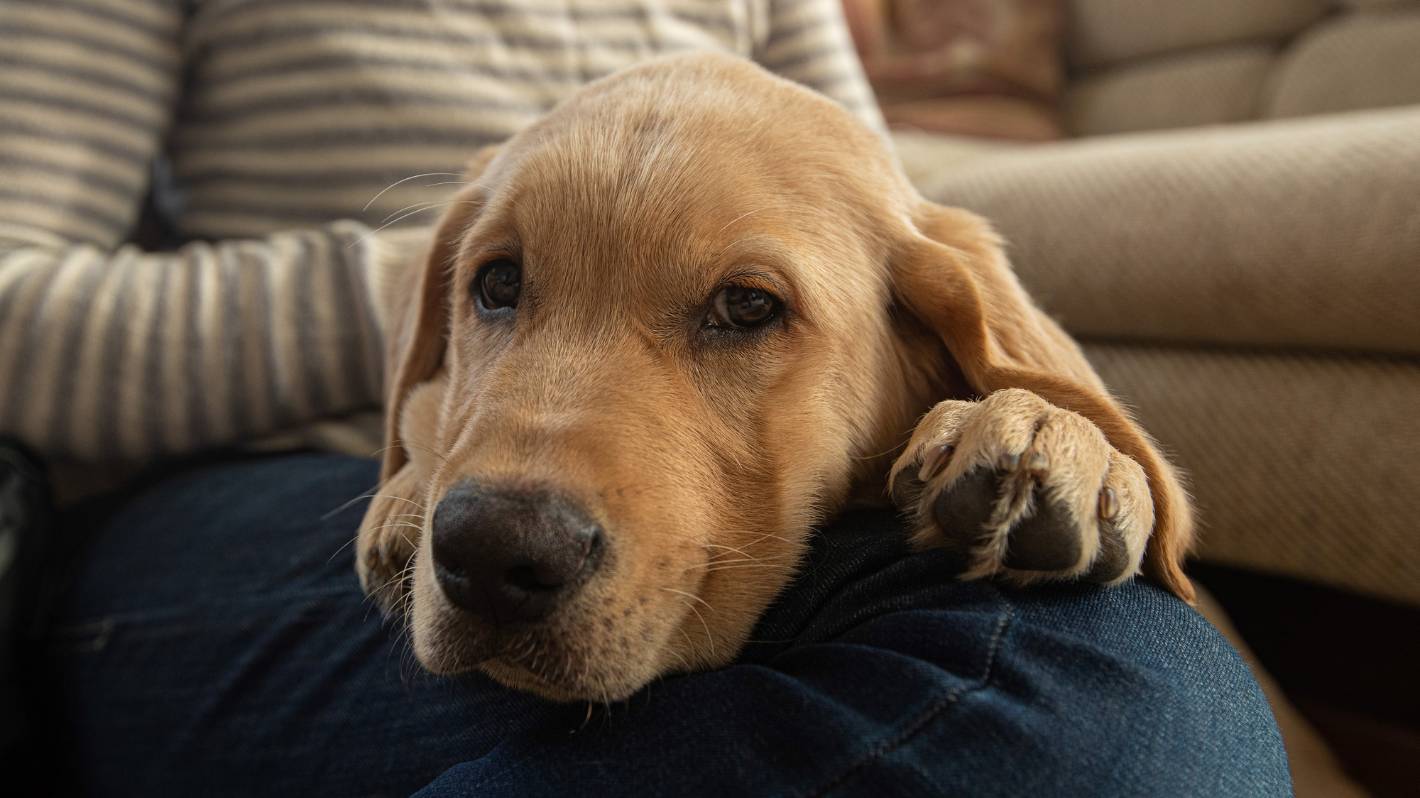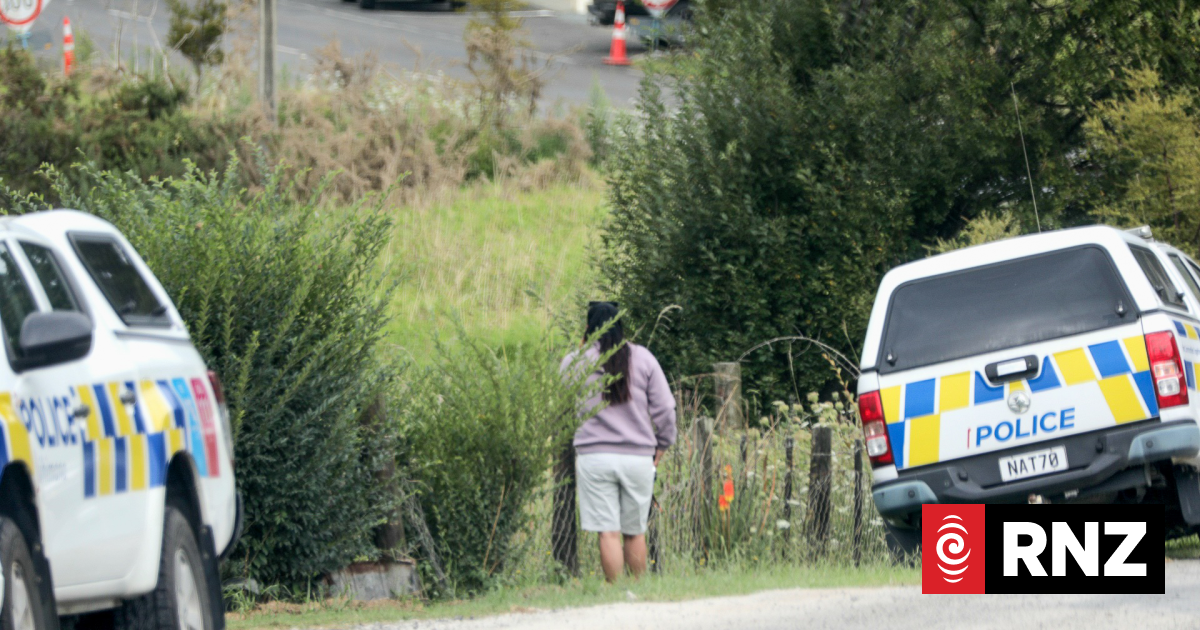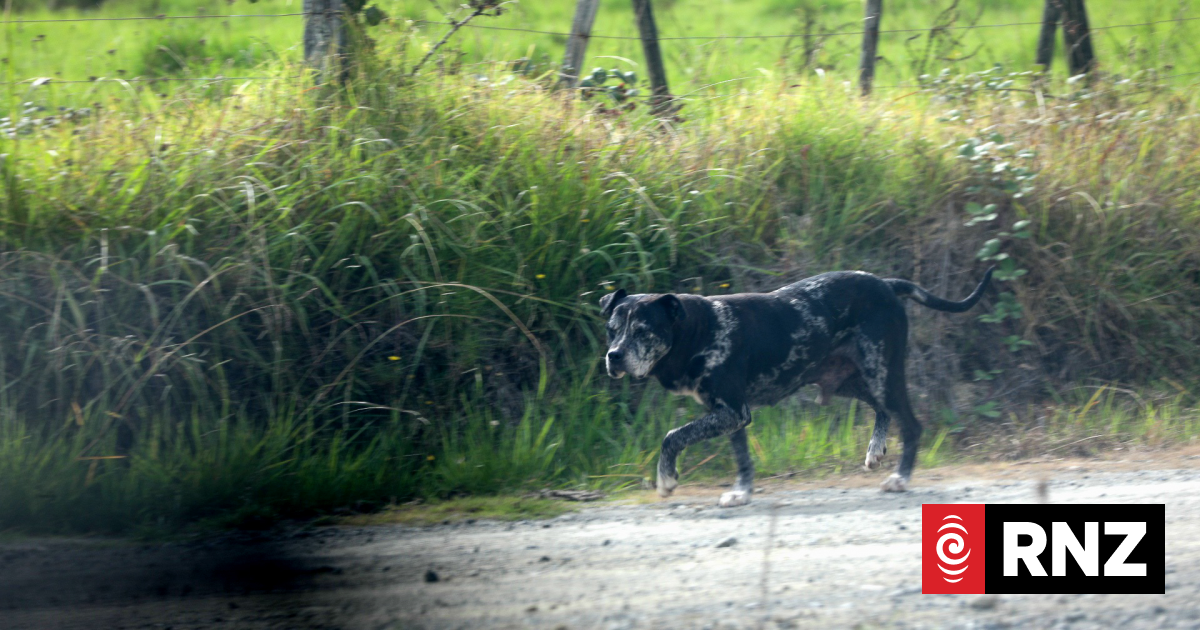Volunteers are urgently needed to raise puppies who will become guide dogs for vision impaired New Zealanders.
In the next three months, Blind Low Vision NZ, an organisation that trains and provides guide dogs, estimates 40 puppies will need homes.
Only 10 homes have been confirmed so far, Rochelle Corrigan, puppy placement and development manager, said.
The organisation is looking for homes in Auckland, Whangārei, Bay of Plenty, Waikato and Wellington.
READ MORE:
* Auckland guide-dogs-in-training get border exemption to walk Hamilton streets under alert level 2
* Blind woman overcomes anxiety attacks at mall with the help of a dog
* Yogi steers blind owner through pitfalls of everyday life
* Blind Foundation seeking temporary homes for 17 puppies
Corrigan said Auckland volunteers bore the brunt of the puppy raising, as the city was where the programme was supervised.
Jason Dorday/Stuff
Paxton could one day become a guide dog for a blind or low vision person.
But the impacts of Covid-19 and the cost of living crisis had an effect on both staffing and volunteer numbers, she said.
“Although a lot of people are working from home, it doesn’t necessarily mean they are available to meet us for visits and all the training we do.
“More people are also needing to work full time as living costs rise, so we have fewer volunteers who have the time to take on and train puppies.”
The puppies are placed in volunteer homes at 9 weeks and return to the guide dog centre in Manurewa for intensive guide dog training 12 to 15 months later.
“During the time the pups are with their raisers, they are able to go everywhere with them. They have public access, so they can go anywhere a member of the public is allowed to go.
“We don’t know what client the dog will be matched with, so we just need all of our puppies to be adaptable and well-socialised.”
Corrigan said if the organisation did not have enough volunteers to meet demand, the puppies would have to be kept at the guide dog centre.
“This could be detrimental to their future as a guide dog, if they’re not getting the socialisation they need at the right age.”
JASON DORDAY/STUFF/Stuff
Melanie Donald has raised three puppies so far. Her first didn’t qualify as a guide dog, so she kept him as a pet.
This could mean there are fewer qualified guide dogs available to New Zealanders who need them, she said.
Torbay woman Melanie Donald has been a puppy raiser for two-and-a-half years. She’s now onto her third potential guide dog, Paxton.
She said flexibility and time was needed to be a volunteer.
However, “the time you put in with [the puppies] is given back to you hundredfold in the amount of love and companionship they give to you”, she said.
“The puppy raiser’s role is to expose the puppy to everyday life.
Jason Dorday/Stuff
Once the puppies are returned to the guide dog centre, they undergo formal guide dog training.
“When I got my first, it felt like a hole in my life had been immediately filled,” she said.
A typical day for Paxton involves a mixture of exercise and training walks where he learns how to assist Donald with various day-to-day errands.
“It might be something as simple as I need to go to the supermarket and it’s good for Paxton to come along for that.”
Donald said the hardest part was returning the puppies to the guide dog centre when their year was up.
However, what got her through was knowing if the dog was successful, someone’s life had been changed for the better.



